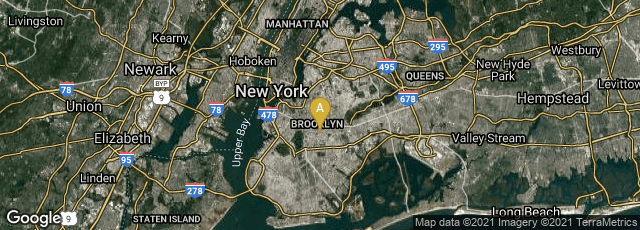"Before the Internet, books were written — and published — blindly, hopefully. Sometimes they sold, usually they did not, but no one had a clue what readers did when they opened them up. Did they skip or skim? Slow down or speed up when the end was in sight? Linger over the sex scenes?
"A wave of start-ups is using technology to answer these questions — and help writers give readers more of what they want. The companies get reading data from subscribers who, for a flat monthly fee, buy access to an array of titles, which they can read on a variety of devices. The idea is to do for books what Netflix did for movies and Spotify for music."
"Last week, Smashwords made a deal to put 225,000 books on Scribd, a digital library here that unveiled a reading subscription service in October. Many of Smashwords’ books are already on Oyster, a New York-based subscription start-up that also began in the fall.
"The move to exploit reading data is one aspect of how consumer analytics is making its way into every corner of the culture. Amazon and Barnes & Noble already collect vast amounts of information from their e-readers but keep it proprietary. Now the start-ups — which also include Entitle, a North Carolina-based company — are hoping to profit by telling all.
“ 'We’re going to be pretty open about sharing this data so people can use it to publish better books,' said Trip Adler, Scribd’s chief executive.
"Quinn Loftis, a writer of young adult paranormal romances who lives in western Arkansas, interacts extensively with her fans on Facebook, Pinterest, Twitter, Goodreads, YouTube, Flickr and her own website. These efforts at community, most of which did not exist a decade ago, have already given the 33-year-old a six-figure annual income. But having actual data about how her books are being read would take her market research to the ultimate level.
“ 'What writer would pass up the opportunity to peer into the reader’s mind?' she asked.
"Scribd is just beginning to analyze the data from its subscribers. Some general insights: The longer a mystery novel is, the more likely readers are to jump to the end to see who done it. People are more likely to finish biographies than business titles, but a chapter of a yoga book is all they need. They speed through romances faster than religious titles, and erotica fastest of all.
"At Oyster, a top book is 'What Women Want,' promoted as a work that 'brings you inside a woman’s head so you can learn how to blow her mind.' Everyone who starts it finishes it. On the other hand, Arthur M. Schlesinger Jr.’s 'The Cycles of American History' blows no minds: fewer than 1 percent of the readers who start it get to the end.
"Oyster data shows that readers are 25 percent more likely to finish books that are broken up into shorter chapters. That is an inevitable consequence of people reading in short sessions during the day on an iPhone."
"Here is how Scribd and Oyster work: Readers pay about $10 a month for a library of about 100,000 books from traditional presses. They can read as many books as they want.
“ 'We love big readers,' said Eric Stromberg, Oyster’s chief executive. But Oyster, whose management includes two ex-Google engineers, cannot afford too many of them.... Only 2 percent of Scribd’s subscribers read more than 10 books a month, he said.
"These start-ups are being forced to define something that only academic theoreticians and high school English teachers used to wonder about: How much reading does it take to read a book? Because that is when the publisher, and the writer, get paid.
"The companies declined to outline their business model, but publishers said Scribd and Oyster offered slightly different deals. On Oyster, once a person reads more than 10 percent of the book, it is officially considered 'read.' Oyster then has to pay the publisher a standard wholesale fee. With Scribd, it is more complicated. If the reader reads more than 10 percent but less than 50 percent, it counts for a tenth of a sale. Above 50 percent, it is a full sale."



